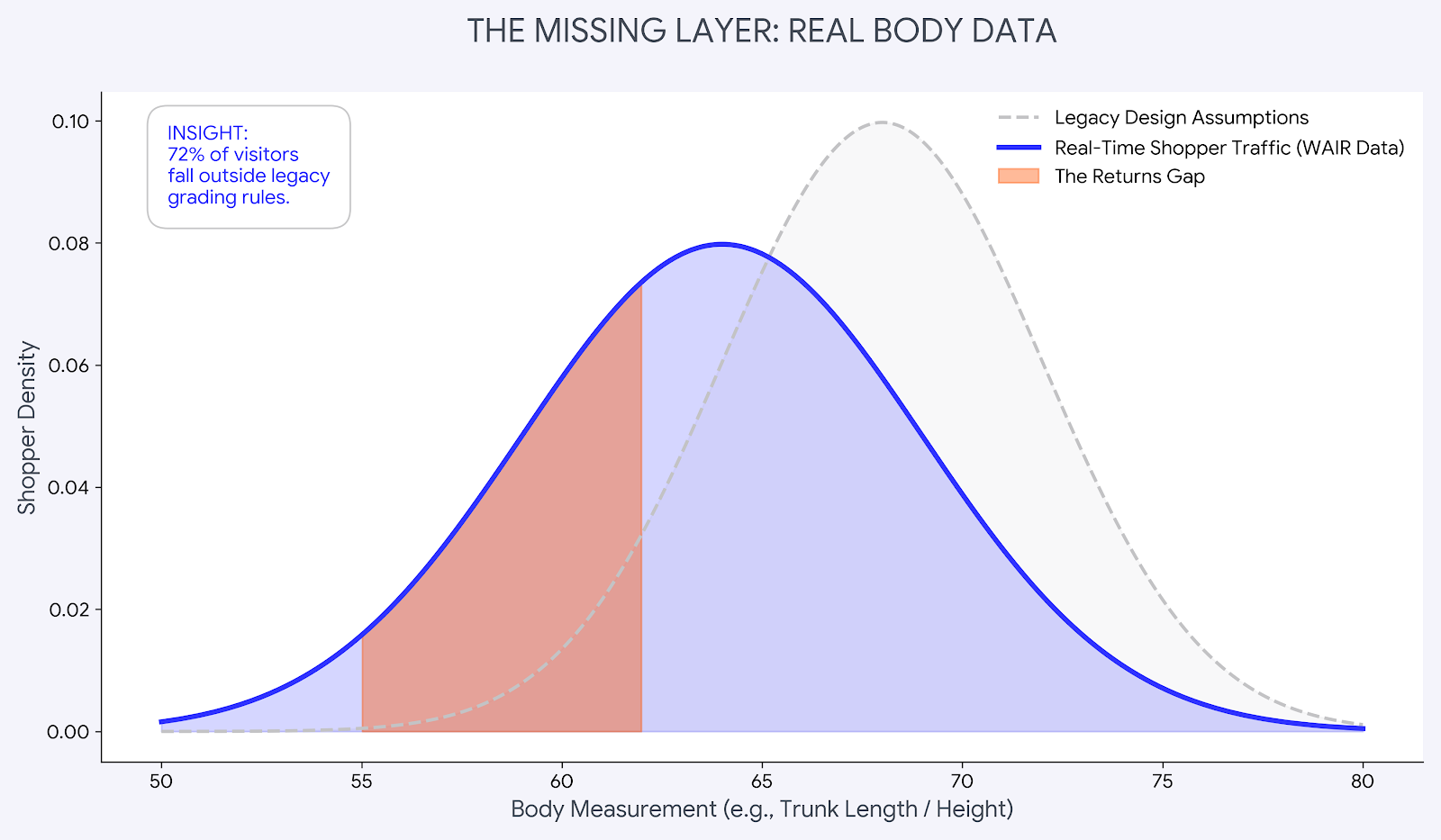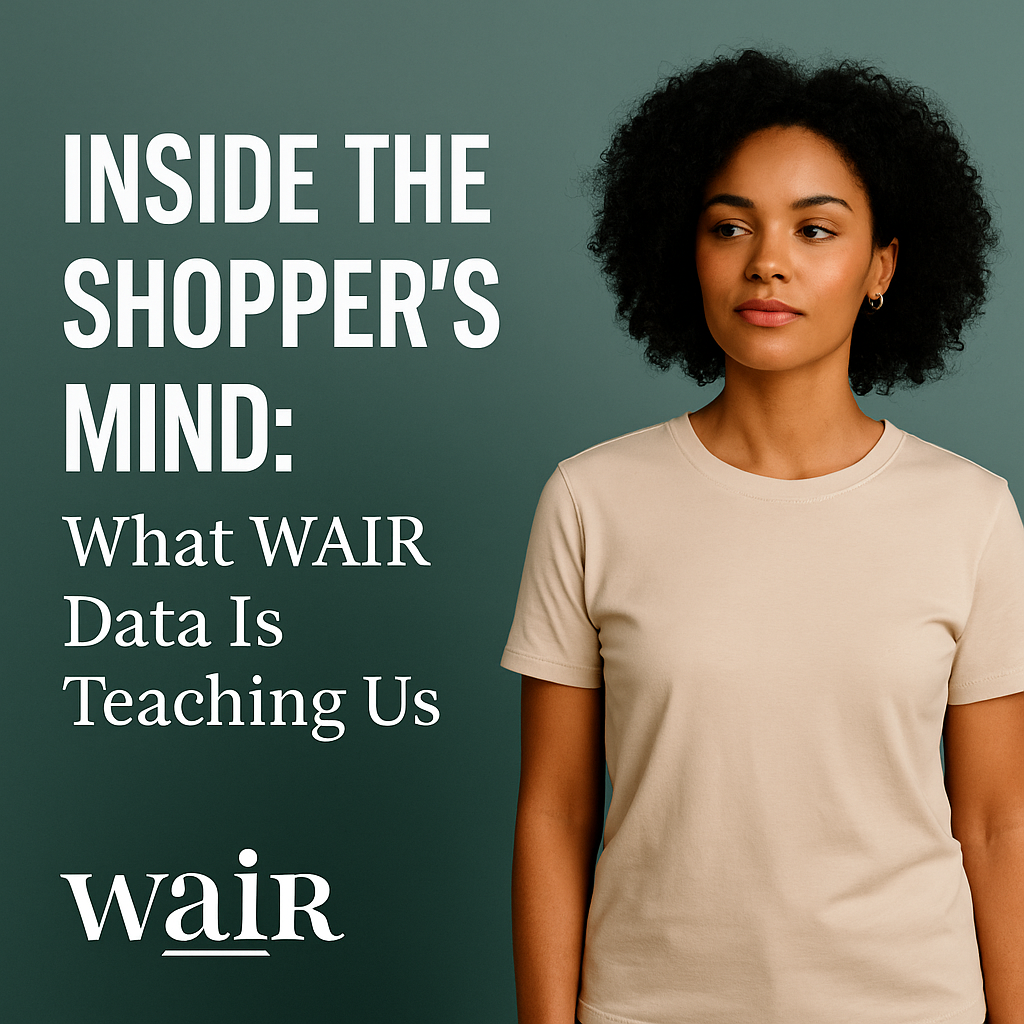Four Sustainable eCommerce Solutions That Will Reduce Your Brand's Impact Today!
As the fashion industry's environmental impact continues to be held under an international spotlight, brands have been scrambling to discover new ways to make their operations more earth-friendly. Thus far, we've seen industry-leading fashion brands choose to express their solidarity in the form of long-term goals to create new collections out of 100% sustainable materials, reduce greenhouse gas emissions, and cut down on water consumption. While these are great initiatives, they all have one thing in common, they don't address the issue of sustainability today and will take many years to come to fruition.
We get it. Creating a profitable and sustainable business model certainly isn't something that happens overnight. However, with numerous sustainable eCommerce solutions available for brands looking to reduce their impact on the environment now, why restrict our ambitions to plans that may or may not show results 5-10 years down the line?
Let's take a look into the sustainability stack that can help your brand incrementally reduce its impact on the environment with a few simple clicks.

EcoCart
What if we told you that your shoppers could offset the carbon emissions associated with their online orders with the click of a button? Sounds like fiction, we know, yet, sustainable eCommerce solution EcoCart has achieved just that through a sublime combination of AI technology, customer advocacy, and bulletproof simplicity.
In short, EcoCart is a free Google Chrome extension that leverages AI and machine learning to determine a brand's ecological footprint and empower its shoppers to offset the emissions generated by their orders through engaging point-of-sale experiences. How it works is simple, when a shopper arrives at the checkout page, EcoCart's proprietary algorithm determines the carbon impact of their unique order and asks them if they would like to offset these emissions by adding a few cents to their total balance. If they agree, EcoCart donates these proceeds to certified carbon offsetting projects, such as building wind farms, planting trees, sustainable agriculture, etc.
It's an excellent, readily available solution to fashion's gargantuan carbon footprint and gives everyday shoppers and brands alike the power to save the planet one order at a time.

WAIR
To say that the fashion industry has a sizing problem is a vast understatement. But while this issue is relatively well-known (at least with shoppers), what isn't well-known is how sizing inconsistencies can wreak havoc on the environment through excess textile waste driven by size-related returns. We've seen time and again that size charts aren't up to the task when it comes to providing online shoppers with their best-fitting products, so what's the solution? Say hello to sizeless commerce by WAIR.
At its core, WAIR is a fit, product, and size recommendation tool that provides your shoppers with personalized and accurate sizing experiences at scale. Built atop the world's largest and fastest-growing database of 3D body scans, WAIR can predict the body dimensions of any shopper through its AI-driven sizing survey and recommend to them the size they are most likely to keep and love. No measuring tape required! On the backend, WAIR also captures each shopper's individual body data, providing your brand with the insights needed to shape your eCommerce strategy around the body types of your core shopper base.
The sustainability implications of this technology are apparent. Not only do WAIR's personalized size recommendations eliminate harmful shopping practices like bracketing, but the body data insights provided by our solution also help your brand curate its collections around the body types of your shoppers. These previously unattainable insights help reduce waste throughout the supply chain, minimizing overproduction and addressing the eCommerce sustainability crisis from the ground up.

Treet
It's no secret that purchasing used clothing will always be more sustainable than buying new clothing. Resale keeps clothing in circulation, out of landfills, and limits the production requirements of brands. That said, don't think for a second that your brand can't participate in the resale experience; just ask Cuts Clothing, Boyish, and the other leading apparel companies who have entered the world of branded resale, thanks to Treet.
Treet is a branded resale solution that empowers eCommerce apparel brands to launch their very own resale marketplaces where shoppers can list, find, and purchase branded secondhand products. Because Treet works directly with brands to launch their resale sites, shoppers can seamlessly navigate through product directories and confidently complete their orders, knowing that the items they purchased are legitimate. Not only does Treet enable brands to successfully enter the booming secondhand market, but they also help unlock an entirely new, sustainable revenue stream.
Of the many readily-available solutions on this list, Treet remains a shining example of how sustainability and profitability don't have to be mutually exclusive.

SuperCircle
While point-of-sale sustainable eCommerce solutions are an excellent addition to any site, no sustainability stack is truly complete without accounting for end-of-life. The U.S. alone generates 16 million tons of textile waste annually, and many of these products that end up in landfills will simply be incinerated or rot for decades. SuperCircle is here to address this daunting issue through responsible, consumer-led recycling efforts.
Established by the founders of the notorious sustainable shoewear brand Thousand Fell, SuperCircle is another shining example of tech-enabled recycling at scale. How it works is simple. Shoppers pledge to recycle their garments upon purchase, and when these wears finally reach the end of their usable life, SuperCircle takes them back and recycles them into new products while rewarding shoppers with recycling credit for doing so! Rather than requiring your brand to establish its own proprietary logistics system, SuperCircle provides a shared, tech-driven returns infrastructure, helping your brand navigate the circular economy seamlessly and effectively. The benefits are not only for participating brands. Shoppers are actively encouraged to donate all worn clothing for store credit at shops like Thousand Fell, Reformation, Mate the Label, and TenTree.
While recycling apparel may never be a viable revenue stream (or even a net-neutral endeavor), brands using SuperCircle can still benefit from economies of scale when it comes to this essential, sustainable practice.
Progress is Far Greater Than Perfection
When it comes to sustainable eCommerce, even the most seemingly benign changes can make a significant impact. While long-term initiatives and pledges will undoubtedly prove crucial in bringing our industry into a new sustainable frontier, we cannot allow our efforts to remain as mere visions for the future. Sustainability is and should be considered critical to current business practices.
Interested in learning more about WAIR? Schedule a demo here, and be sure to follow us on Twitter, Instagram, LinkedIn, and Facebook for all your fashion content needs!








